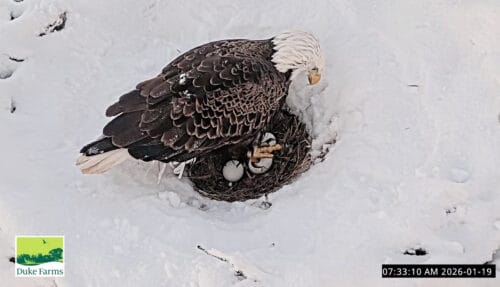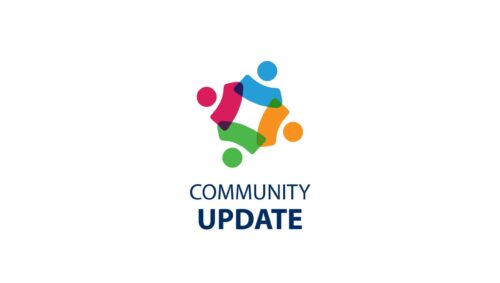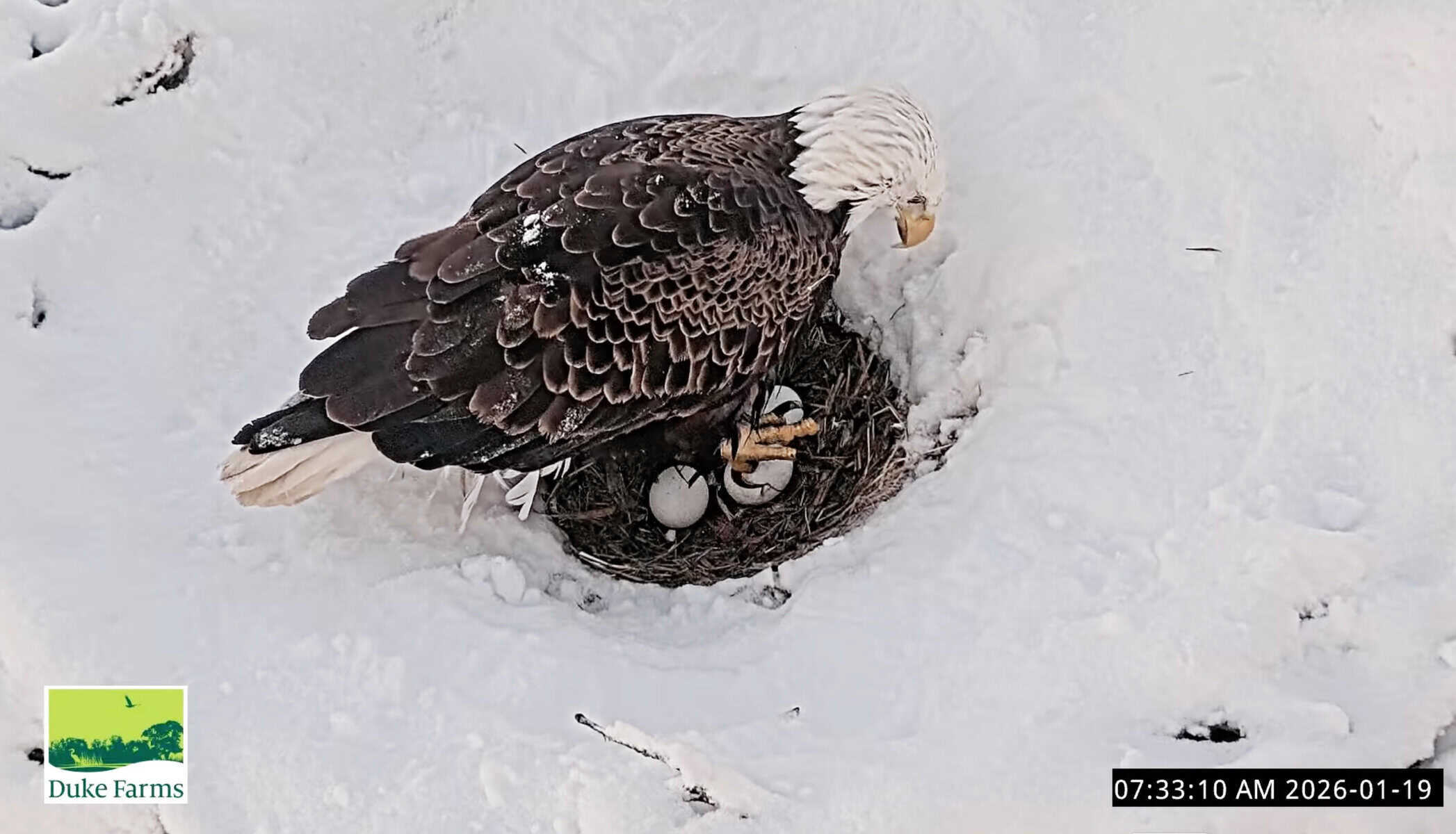New Avian Influenza Webpage

The New Jersey Departments of Agriculture, Environmental Protection, and Health have announced the creation of a comprehensive resource website to share the most up-to-date information on prevention and response to the H5N1 virus, a form of Highly Pathogenic Avian Influenza, in New Jersey.
The page is a collection of resources from each department addressing specific questions related to H5N1 and includes key information for agricultural and veterinary workers, healthcare providers and local health departments, and hunters. The website can be found at nj.gov/H5N1.
The risk of H5N1 to humans remains low and, as of this writing, there have been no reported cases of H5N1 in humans, domestic poultry, or cattle in New Jersey. In reported cases in other states where a human tested positive, the symptoms experienced were mild.
H5N1 (known as “Highly Pathogenic Avian Influenza” or “bird flu”) is a disease caused by influenza A viruses. Wild birds, particularly waterfowl, can carry and spread these viruses but may show no signs of illness. However, H5N1 can cause severe disease in domestic poultry and dairy cattle, which may result in death. Cases of H5N1 have also been reported in wild birds, mammals, and other domestic companion animals. People with close or prolonged contact with infected animals or contaminated environments may be at a higher risk of avian influenza infection.
“This important resource page is a place where people can find a wide range of information about H5N1 and what to be aware of in various activities or situations,” NJDA Secretary Ed Wengryn said. “We want this material to be easily accessible so if there are any questions about the virus farmers and the public can have a single resource page at their disposal as needed.”
Plans are in place with Rutgers Extension offices in each county to distribute personal protection equipment (PPE) to dairy and poultry producers as needed. PPE equipment can be obtained by contacting the Rutgers Extension office in the county where it is needed.
“While the risk of bird flu to the general public remains low, it’s important to empower our residents, workers who may be at higher risk, and health care providers with information and resources needed to keep them and those they serve healthy and safe,” said Health Commissioner Dr. Kaitlan Baston. “Launching this site brings a wealth of statewide resources into one place and reflects a commitment at the state level to preparedness and response efforts.”
“With the addition of this important resource, the public now has access to multiple sources of key information that can help prevent the spread of avian influenza among wildlife and inform safety practices for hunters, bird enthusiasts, or even a homeowner placing a bird feeder in their yard,” said Environmental Protection Commissioner Shawn M. LaTourette. “It’s important the public does not touch sick or dead birds they come across and report any instances to our Fish and Wildlife hotline at 1-877-WARNDEP.”
In May, the Departments of Agriculture and Health cautioned against consumption of raw milk during the current H5N1 outbreak. Pasteurization is proven to be the best way to get rid of harmful pathogens in milk, including influenza.
The New Jersey State Departments of Agriculture, Environmental Protection, and Health have been meeting regularly for the past several months to stay updated on the H5N1 status throughout the United States, and to stay prepared should the virus be detected in the state. Each of the departments are closely monitoring the evolving H5N1 bird flu situation and will continue to work with local, state, and federal partners to protect the health of people and animals in New Jersey.










